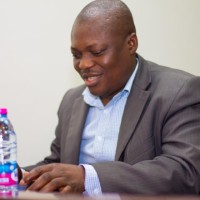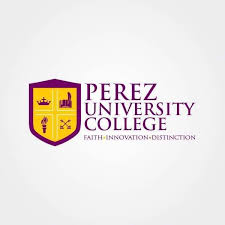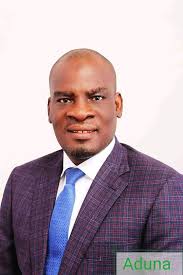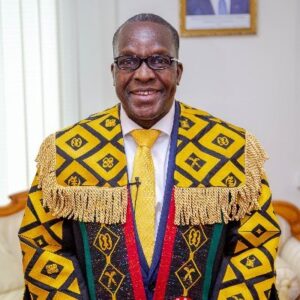Prof. John Gatsi Advocates for Digital Literacy and Technology Access to Revolutionize Education in Ghana

During the 72nd Anniversary celebration of Keta Secondary Technical School (Ketasco), esteemed economist and academic, Prof. John Gatsi, delivered a compelling speech calling for a nationwide focus on digital literacy and equitable access to technology as fundamental elements for transforming education in Ghana.
Prof. Gatsi highlighted the urgent need for a fundamental shift in Ghana’s education system, from basic schools to universities, to prepare the younger generation to navigate the complexities of the modern world. He emphasized that digital literacy is no longer a mere luxury, but an essential skill for the development of the country. He urged the government and relevant stakeholders to prioritize initiatives that ensure equal access to technology, particularly in rural and underserved communities, to reduce the existing digital divide.
“Our education system must evolve to meet the demands of the 21st century. Making digital literacy a compulsory skill and ensuring equitable access to technology will be key to advancing education at all levels in Ghana,” Prof. Gatsi declared.
The renowned economist also stressed the importance of aligning economic management with the aspirations of young Ghanaians. He pointed out that the youth are eager to play a more active role in governance and policy-making, yet many feel excluded from the decision-making processes that affect their future. Prof. Gatsi called for the development of policies that would empower the youth to actively engage in governance, creating opportunities for them to contribute to the nation’s progress.
“The younger generation desires to have a say in governance. We need economic management that reflects their aspirations, enabling them to take an active role in the nation’s development,” Prof. Gatsi explained.
In his address, Prof. Gatsi painted a sobering picture of the difficulties faced by young people in Ghana today. He referred to the “generational hustle,” a reality in which young people are working multiple jobs but still struggling to make ends meet. He expressed concern that despite their hard work, many young Ghanaians are unable to build secure lives for themselves, with some even choosing to risk everything by migrating abroad in search of better opportunities.
“Many young people are tirelessly working, but their earnings don’t reflect their efforts. They cannot start families or achieve their dreams. Some are so desperate that they risk everything to cross borders in search of a better life,” he lamented. He urged policymakers to create an environment where young people could succeed economically and socially, offering opportunities for growth and stability within the country.
The professor also called for a reimagining of Ghana’s education curriculum to ensure it meets the nation’s long-term development goals. He emphasized that curricula should not only focus on academic achievement but also equip students with the skills, knowledge, and mindset needed to tackle future challenges, drive innovation, and contribute to the country’s overall progress.
“Our educational curricula should be designed with the future in mind. We need to prepare our students to face the challenges ahead and to drive innovation that will propel our country forward,” he stated.
Referring to a 2024 World Bank report on Ghana’s public finances, Prof. Gatsi pointed out the disconnect between the government’s good intentions and the actual outcomes of various social programs. He criticized the incomplete execution of fiscal policies and the prioritization of debt payments over investments in infrastructure. He stressed that the country needs a new framework for financing infrastructure that supports inclusive growth and long-term development.
“We need a new approach to financing infrastructure and fostering inclusive growth. Combating corruption and restoring hope for the younger generation should be at the heart of these efforts,” Prof. Gatsi urged.
The economist also called for increased youth involvement in national policymaking, from the initial stages of formulation to the execution and accountability of policies. He stressed that bridging the generational divide is crucial for sustainable development, and that young people must be included in shaping the policies that will affect their futures.
“This generation wants to be involved in all aspects of governance. Let young people be part of the process—whether it’s policy formulation, execution, or accountability. Their voices are essential,” he concluded.






